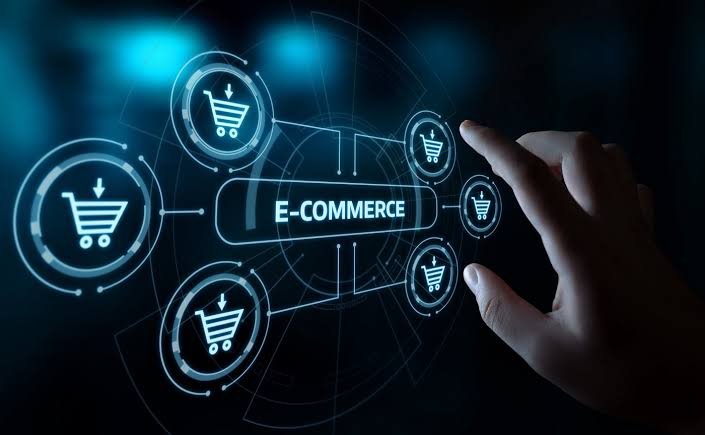The power of E-commerce
The future of e-commerce is likely to be shaped by several key trends, including:
Increased use of artificial intelligence and machine learning to personalize the shopping experience and improve customer service.
Continued growth of mobile commerce, as more and more consumers use their smartphones to shop online.
Greater adoption of virtual and augmented reality technology, which could allow customers to try on clothes or see how furniture would look in their home before making a purchase.
More widespread use of blockchain technology, which could improve supply chain transparency and security.
Continued growth in the number of online marketplaces, which are becoming increasingly important as a way for small businesses to reach customers.
Increased focus on sustainability and eco-friendly products.
Greater use of subscription-based models, such as the recurring delivery of household goods.
More use of social media platforms, such as Instagram and TikTok, as shopping channels.
Overall, the e-commerce industry is expected to continue to grow and evolve in the coming years, providing consumers with more convenient and personalized shopping experiences, while also giving businesses new opportunities to reach customers and sell their products.
E-commerce has the power to transform the way businesses operate and consumers shop. Some key benefits of e-commerce include:
Increased reach: E-commerce allows businesses to reach a global customer base, rather than being limited to a specific geographic location.
Convenience: E-commerce allows customers to shop from the comfort of their own home, at any time of the day.
Personalization: E-commerce platforms and tools such as artificial intelligence and machine learning can be used to personalize the shopping experience for customers.
Cost savings: E-commerce can be more cost-effective for businesses than traditional brick-and-mortar stores, as it eliminates the need for expensive physical storefronts and inventory.
Data collection and analysis: E-commerce platforms can collect and analyze data on customer behavior, preferences, and demographics, which can help businesses make informed decisions and improve their marketing and sales strategies.
Increased competition: E-commerce has led to an increase in competition among businesses, which can drive innovation and lead to better products and prices for consumers.
Access to new markets: E-commerce opens up new market opportunities for small and medium-sized enterprises to reach customers that would otherwise be out of reach.
Ability to test new products and services: E-commerce allows businesses to test new products and services with a relatively low investment, which can help them identify new revenue streams and expand their offerings.
Posted Using LeoFinance Beta
